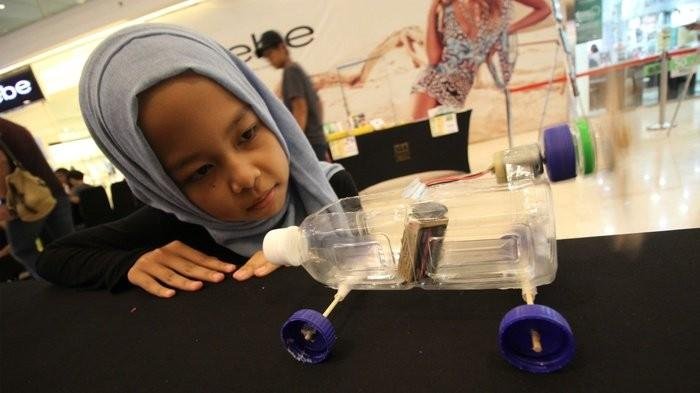
The term creativity or creativity triggered by Alfred North Whitehead, a British mathematician and philosopher who once initiated the Process Theory. As a process, creativity shows a power in the universe that allows the presence of new actual entities based on actual entities-other actual entities. In other words, creativity contains novelty novelty novelty.
Compared to other creatures on earth, humans have the most creative power. Above that ability, humans have been able to touch almost every corner of the planet. The desire for innovation is also overwhelming in man. However, humans are not the only species equipped with passion and ability for innovation. Scientists have documented the ability to innovate from other beings, to trace the origins of creativity.
The old theory of innovation arises because living beings have needs that must be met to survive. But now comes a new way of looking. The reference is in the primatological study of Carel van Schaik of the University if Zurich, who examined how orangutans behaved against their dietary sources.
"When food becomes scarce, orangutans apply energy-saving modes. They minimize movement and focus on foods of the second class quality that fall from the tree, "Carel said as quoted by Scientific American.
The strategy is quite the opposite of the main principle of innovation, but also quite reasonable because it has been considered before. "Trying something new can be risky. You may be injured or poisoned, and the event has a serious impact on investment of time, energy, and attention. While the expected results of the new venture is also uncertain, "added Carel.
Research on human scarcity as tested by Carel has been published in the journal Science in 2013. The study of Harvard University economist Sendhil Mullainathan and Pricenton University scientist Eldar Shafir involves a number of low-income people. As a result, when people are experiencing financial problems, the ability to think logically and find new solutions down drastically.